The Peak District: What to do, where to eat, where to stay
Rosie Paterson shares tips for those looking to enjoy a getaway in the Peak District.


The air in the Peak District feels different. It’s softer; thicker even — one friend compared it to ‘butter’ (a good thing, I think) — and certainly cleaner than any air in London. Maybe it was the feeling of freedom: it was the farthest any of us had travelled in months, following months of respective lockdowns in the capital and in Devon (where the air is lighter, and salty).
We had few expectations. Several people had said that the Peaks couldn’t compare to the Lake District (spoiler alert, they are wrong and have likely never been), several more couldn’t even point them out on a map. But change is afoot and the Peaks look set to become one of the UK’s most popular destinations with the arrival of several new, exciting hotels. Buxton Crescent Hotel (Buxton of bottled water fame) opened last year; The Tawny — a collection of rooms, tree- and boathouses — and Wildhive Callow Hall join it this summer.
Where to stay
Kip Hideaways have a couple of Peak District properties for travellers who prefer to go down the self-catering route.
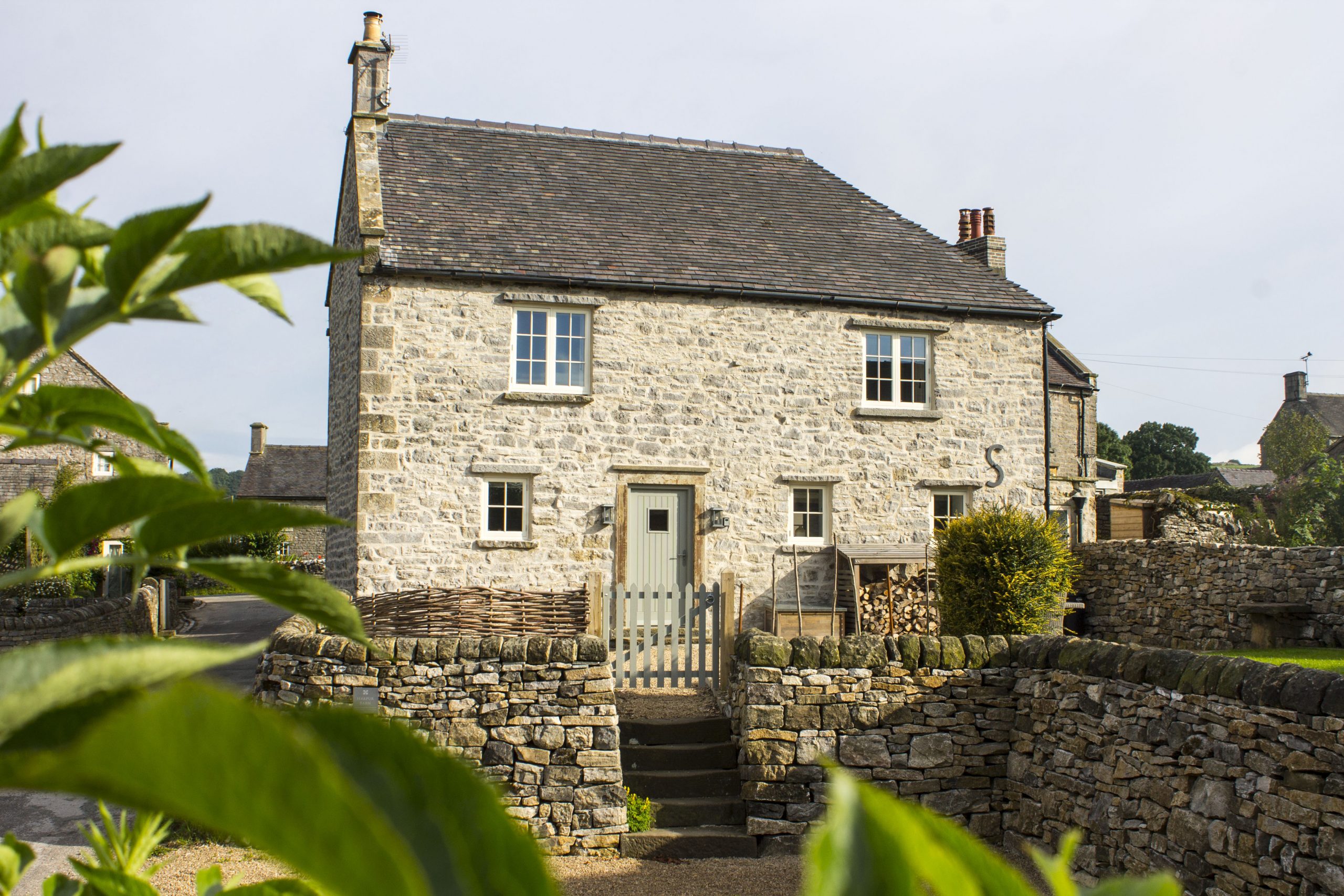
Peak District Barn is in the pretty village of Alstonefield — perfectly placed for long hikes and trips to Chatsworth. It has two bedrooms — one double and one twin; both ensuite — on the ground floor and an open plan kitchen, dining and living area upstairs, with views across the village and gently undulating farmland beyond. The interiors appear to have been inspired by the Danish concept of Hygge living, a few carefully chosen pieces and finishes that don’t detract from what’s going on outside: painted wooden floorboards; a grey cast iron standing radiator; a low slung chair in woollen fabric that is deceptively comfortable.
Outside, there’s a picnic table and BBQ, and friendly neighbours who are happy to answer any questions that you might have.
Where to eat
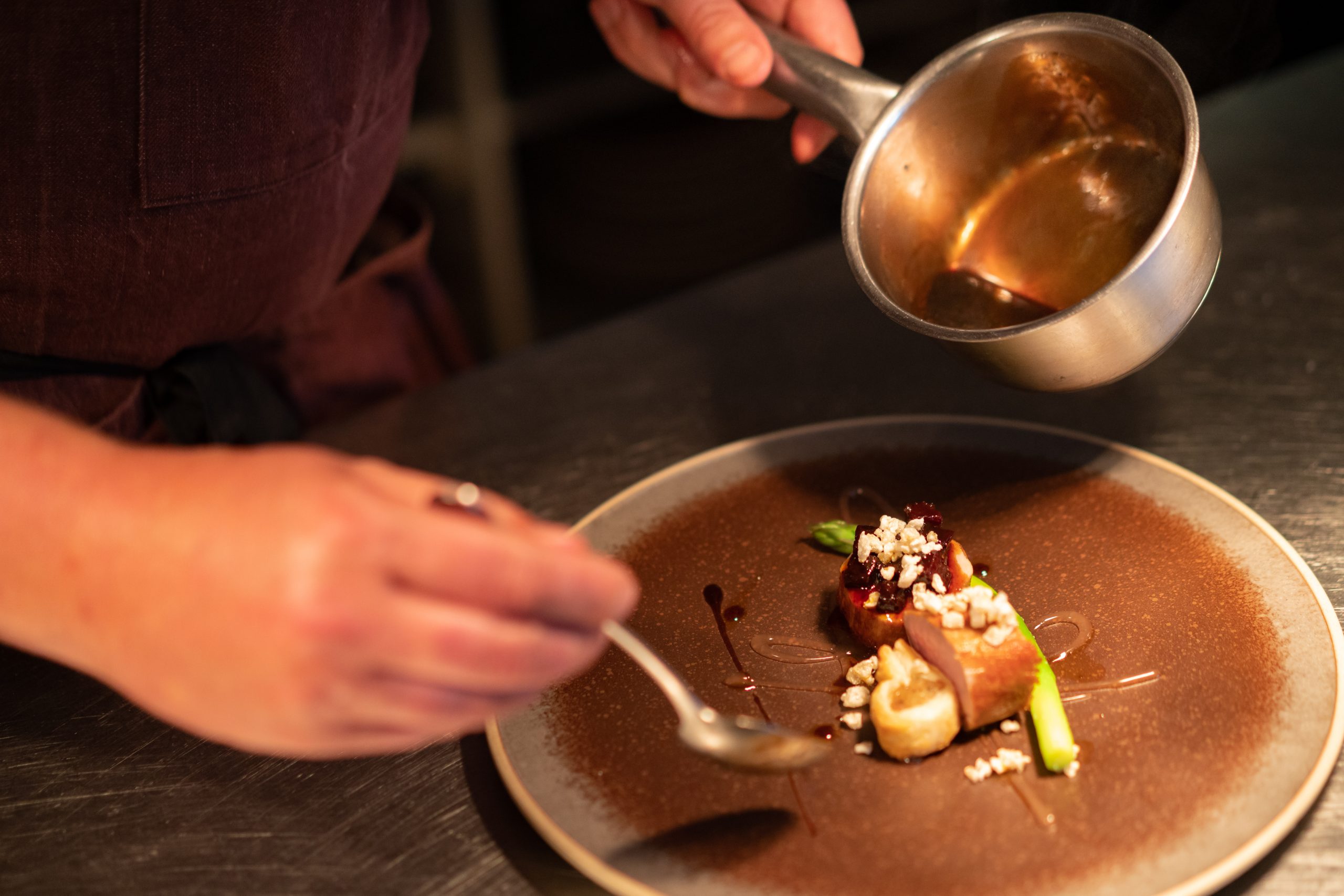
The George is a standout pub-turned-restaurant that just happens to be in the same village as the Barn. Where possible, ingredients are sourced from the kitchen garden or within a 15-mile radius, including rare breed meat. Booking is essential.
You don't have to live or be staying nearby though; The George is also welcome rest for walkers. The building itself has been beautifully restored with lime plastered walls, quarry tiles floors and a traditional log fire. However, don't expect your run-of-the-mill pub grub here. When we visited, treats included the small plates menu, described as 'a meal made of many plates served in a continental style'. Think Teriyaki Peak District wood pigeon, Cornish crab, and the delicious saddleback pork, squid and chorizo dish, a world away from pie and chips and a too-small packet of mayo.
Sign up for the Country Life Newsletter
Exquisite houses, the beauty of Nature, and how to get the most from your life, straight to your inbox.
There are eight of these delicious dishes to choose from and (in the name of research) we tried all of them.
A team of friendly staff are on hand to talk you through the menu and suggest wine pairings, from a carefully-curated list.
Further afield, try Fischer’s on the edge of the Chatsworth Estate, for Michelin-star food, or the Chatsworth Farm Shop for something more low key.
If you’re staying in the Barn, stock up on local cheeses at The Old Cheese Shop in the charming and nearby village of Hartington and produce from the Hartington Farm Shop and The Village Stores.
Stock up on Bakewell tarts from Bakewell itself, Bloomers of Bakewell make the best original style ones in town.
What to do
Experienced fly fishers can now enjoy the River Derwent, previously only available to members of the local fishing club. There is a catch: you’ll need to stay at one of The Devonshire Hotels & Restaurant Group’s properties. Choose between four-star coaching inn The Cavendish at Baslow, one of the two 18th century Estate inns, The Devonshire Arms at Beeley or The Devonshire Arms at Pilsley, or in one of the self-catering holiday cottages, like the Hunting Tower, which overlooks the Chatsworth parkland, landscaped by none other than Capability Brown. A day pass includes access to four miles or double-banked river, full of trout and grayling.
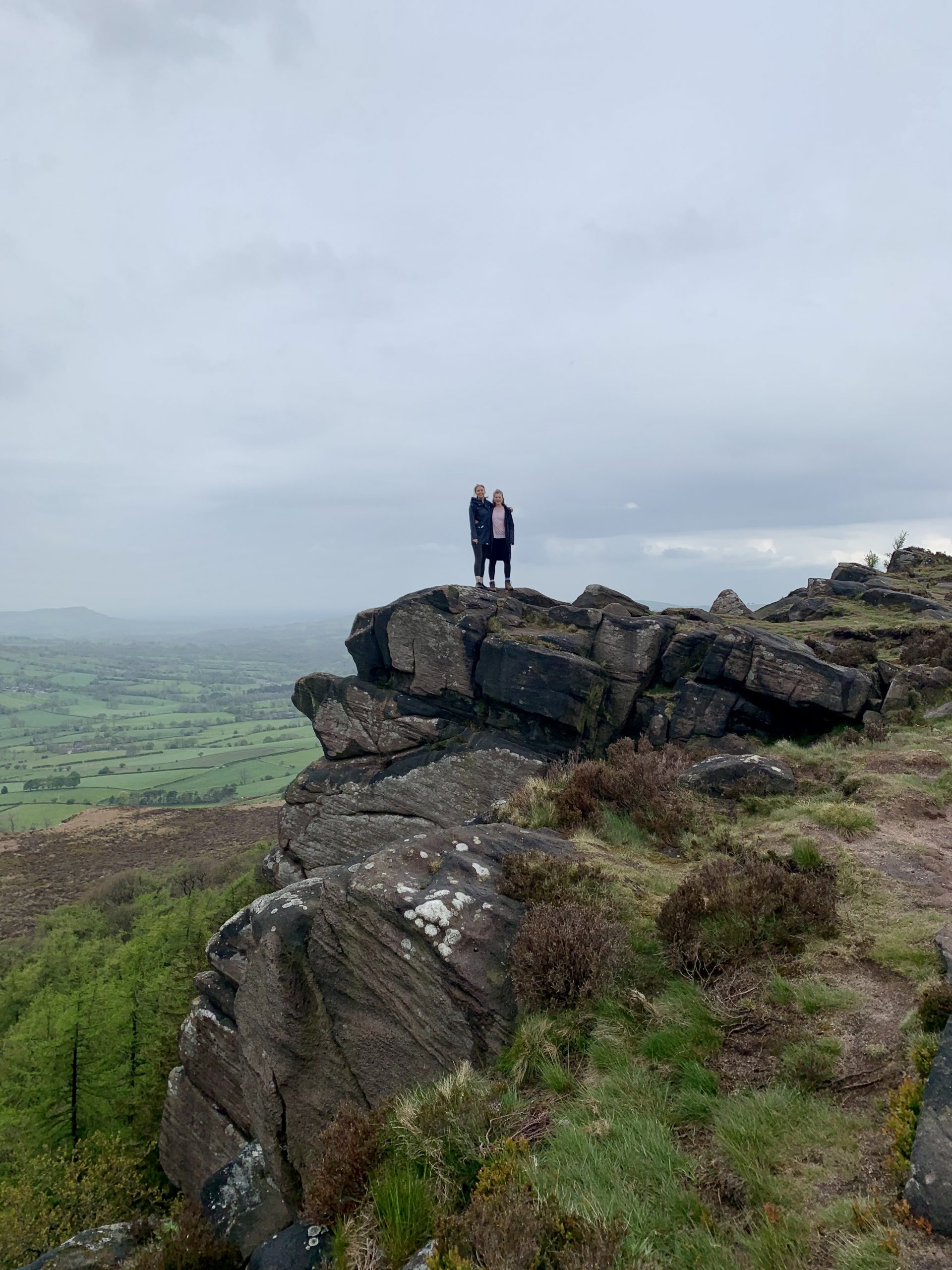
Climb The Roaches (above) — a rocky ridge with spectacular views over the countryside. Park on Roach Road just outside Upper Hulme. Once you’ve reached the top, walk on to Luds Church — a fantastical, deep, moss-covered chasm.
Take the cable car to the Heights of Abraham — a hilltop park with cave tours and a child-friendly adventure playground.
Finally, you must go to Chatsworth itself. Allow a full day for a tour of the house and the 105-acre garden (the kitchen and cutting garden is worth a visit alone), which is home to a surprising number of pieces of modern art.
What to drive
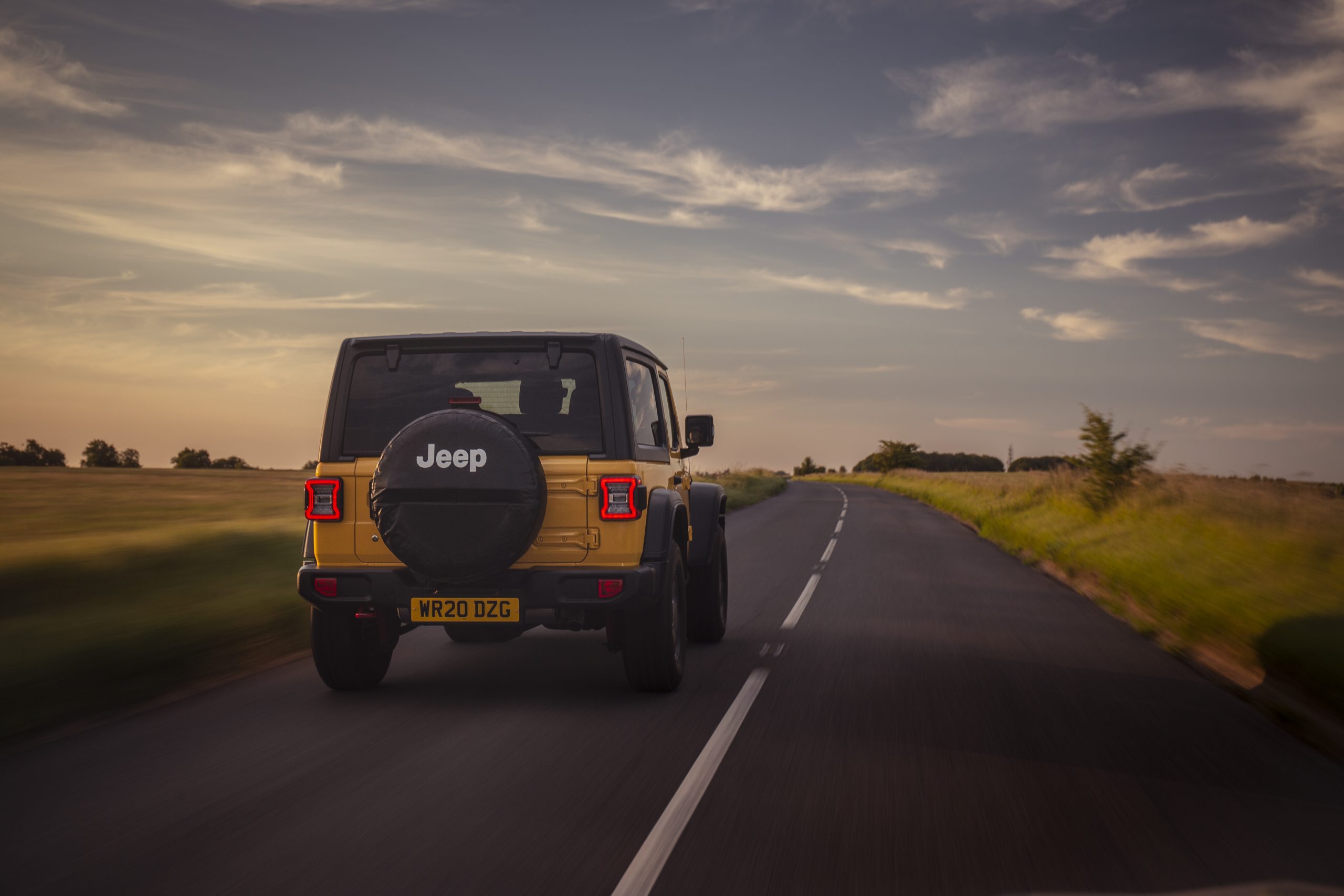
We took a three-door Jeep Wrangler which, apart from a very unfair speeding ticket for going 36mph in a 30 zone, went without a hitch. I quickly came to love its ludicrously yellow exterior and aggressive black bumper — mainly because it was functional, surprisingly fuel efficient and comfortable, and made quick work of any small and muddy lanes.
Moreover, it was fun to drive.
The roof can be manually removed — although you may struggle to store it in the small boot alongside any luggage (it's worth it).
Additional reporting by Lucy Ford
Rosie is Country Life's Digital Content Director & Travel Editor. She joined the team in July 2014 — following a brief stint in the art world. In 2022, she edited the magazine's special Queen's Platinum Jubilee issue and coordinated Country Life's own 125 birthday celebrations. She has also been invited to judge a travel media award and chaired live discussions on the London property market, sustainability and luxury travel trends. Rosie studied Art History at university and, beyond Country Life, has written for Mr & Mrs Smith and The Gentleman's Journal, among others. The rest of the office likes to joke that she splits her time between Claridge’s, Devon and the Maldives.
-
 Curious Questions: Where did the viral Instagram Shaker kitchen come from — and how is it linked to Quakerism?
Curious Questions: Where did the viral Instagram Shaker kitchen come from — and how is it linked to Quakerism?The traditional and incredibly versatile Shaker kitchen is looked up to the world over, but where did it actually come from?
-
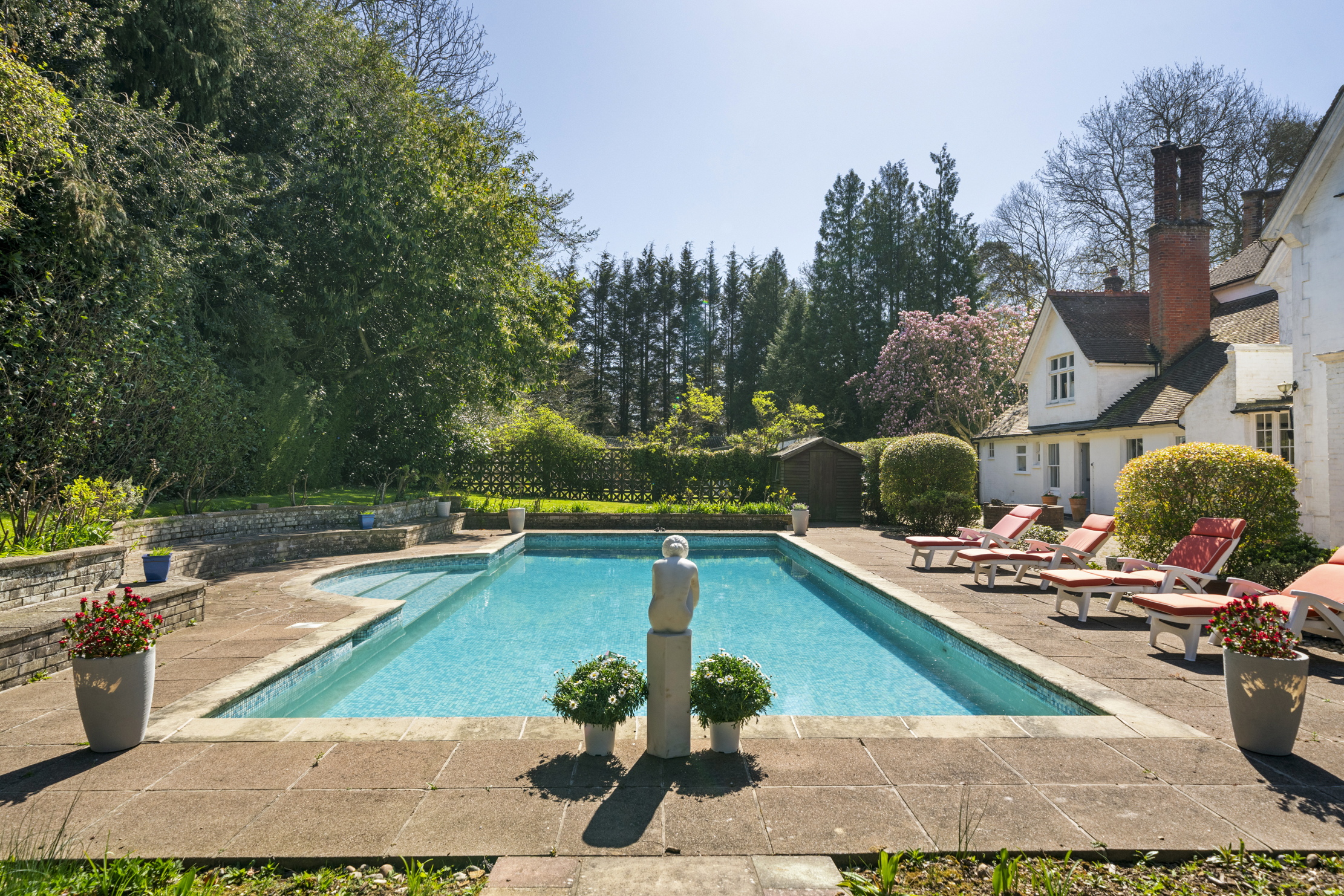 Curiosity abounds in Kent at Flimwell Grange, where an old brandy vat is now a pool house
Curiosity abounds in Kent at Flimwell Grange, where an old brandy vat is now a pool houseThis period delight is full of curious treasures, and offers outstanding views of the Garden of England.